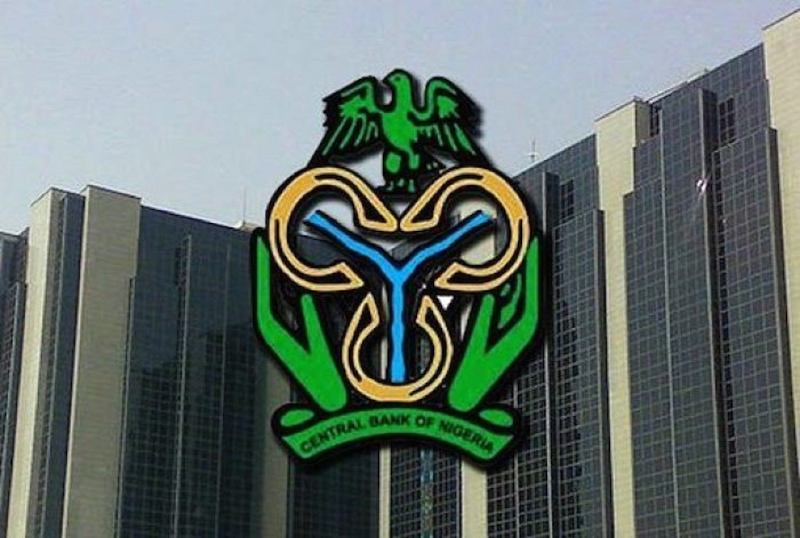The Central Bank of Nigeria (CBN) has achieved its strongest foreign exchange reserve position in over three years, posting an impressive $23.11 billion in net reserves at the end of 2024.
The development signals a robust recovery and enhanced financial stability for the country’s economy. It also reflects a substantial improvement in the country’s external liquidity, reduced short-term obligations, and renewed investor confidence.
Gross external reserves also increased to $40.19 billion, compared to $33.22 billion at the close of 2023.
The increase in reserves reflects a combination of strategic measures undertaken by the CBN, including a deliberate and substantial reduction in short-term foreign exchange liabilities – notably swaps and forward obligations. The strengthening was also spurred by policy actions to rebuild confidence in the FX market and increase reserve buffers, along with recent improved foreign exchange inflows – particularly from non-oil sources.
The result is a stronger and more transparent reserves position that better equips Nigeria to withstand external shocks. The expansion occurred even as the CBN continued to reduce short-term liabilities, thereby improving the overall quality of the reserve position.
“This improvement in our net reserves is not accidental; it is the outcome of deliberate policy choices aimed at rebuilding confidence, reducing vulnerabilities, and laying the foundation for long-term stability,” Governor of the Central Bank of Nigeria, Olayemi Cardoso, commented. “We remain focused on sustaining this progress through transparency, discipline, and market-driven reforms.”
Reserves have continued to strengthen in 2025. While the first quarter figures reflected some seasonal and transitional adjustments, including significant interest payments on foreign-denominated debt, underlying fundamentals remain intact, and reserves are expected to continue improving over the second quarter of this year.
Going forward, the CBN anticipates a steady uptick in reserves, underpinned by improved oil production levels, and a more supporting export growth environment expected to boost non-oil FX earnings and diversify external inflows.
The CBN remains committed to prudent reserve management, transparent reporting, and macroeconomic policies that support a stable exchange rate, attract investment, and build long-term resilience.
